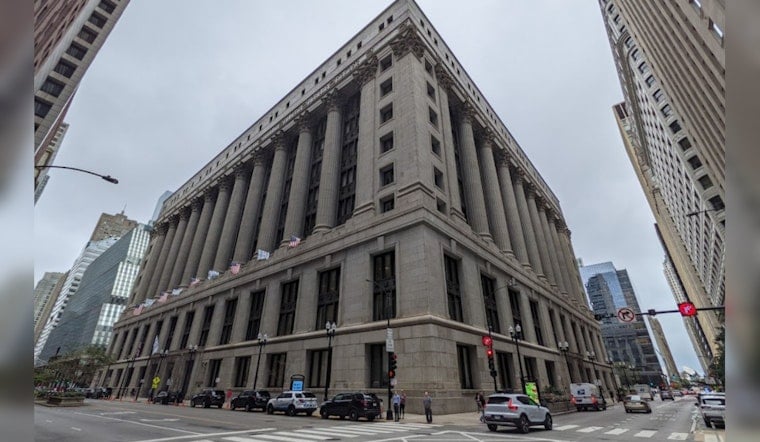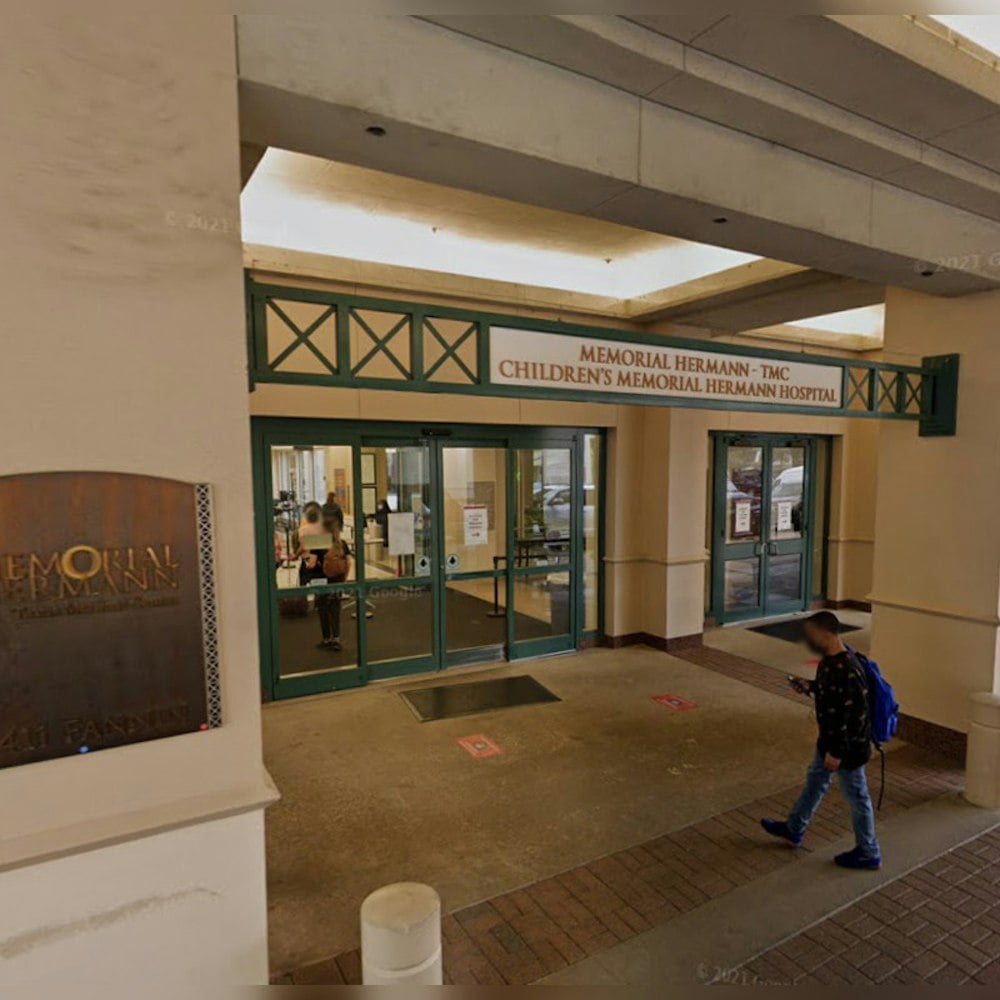
Amid the biting Chicago winter, migrant families in the city's shelters are grappling with critical shortages of essential goods like diapers, a crisis that has forced some parents to grudgingly reuse soiled diapers for their babies, revealed by migrants and volunteers. Not enough supplies to go around are leaving families desperate, while mutual aid groups and concerned locals scramble to aid those in need.
In a Chicago Tribune article, Anna Gomberg, a lead volunteer, explains that despite efforts from the city's emergency operations center's logistics section to distribute hygiene products, including diapers and toilet paper from various agencies, supplies simply cannot keep up with the demand. The tribune's report outlined the glaring shortages, with migrants like Esperanza Gil, a mother who is forced to reuse diapers for her two-year-old, painting a grim picture of the situation inside the shelters.
City officials, aware of the shortfall, have cited "supply shortages from IEMA and FEMA" as the cause of the squeeze on resources according to a statement made by Mary May, a spokesperson for the city, to the Chicago Tribune. Meanwhile, over 2,000 migrants, including families with young children, continue seeking warmth and supplies at one of the largest city-run shelters on the Lower West Side. Angel Cardena, a father from Venezuela, shared his predicament with the Tribune, citing inconsistency in receiving help from the shelter staff.
A recent City council committee hearing shifted the spotlight towards the living conditions at these shelters. According to a WGN-TV report, specialists like Mary Otts from the Bumblebee Agency have shared concerns about not being fully equipped to provide basic needs such as medication, diapers, and food. Otts, who works with migrant families residing in the Inn of Chicago shelter, stresses the dire need for these essentials in an interview with WGN-TV. André Vasquez, Chair of the Committee on Immigrant and Refugee Rights, also highlighted a range of pressing issues including inadequate food, bed bug and rodent infestations, and a lack of medical treatment, all of which were topics of intense scrutiny at the hearing.
In response to these challenges, the Department of Family and Support Services disclosed measures such as improved sanitation and installation of additional heating systems in shelters like the one on Halsted Street. According to WGN-TV, Commissioner Brandie Knazze assured there was external monitoring for heat and smoke, hand sanitation stations, and filtered water systems throughout the Halsted shelter. The city is also aiming to centralize a grievance process to better address ongoing problems across the 28 city-run shelters. The committee meeting further dealt with the issue of work permits, contemplating state-authorized temporary work permits to help stabilize the situation for migrants striving to build a new life in the city.







-3.webp?w=1000&h=1000&fit=crop&crop:edges)

